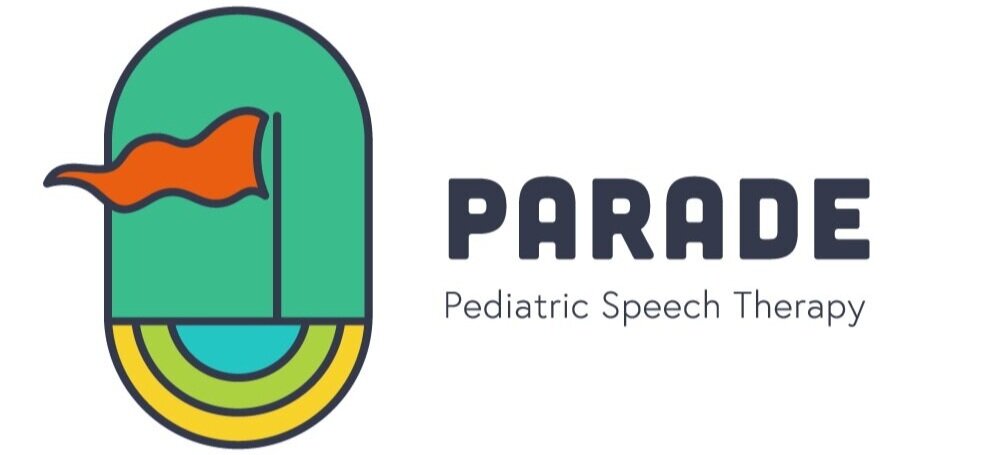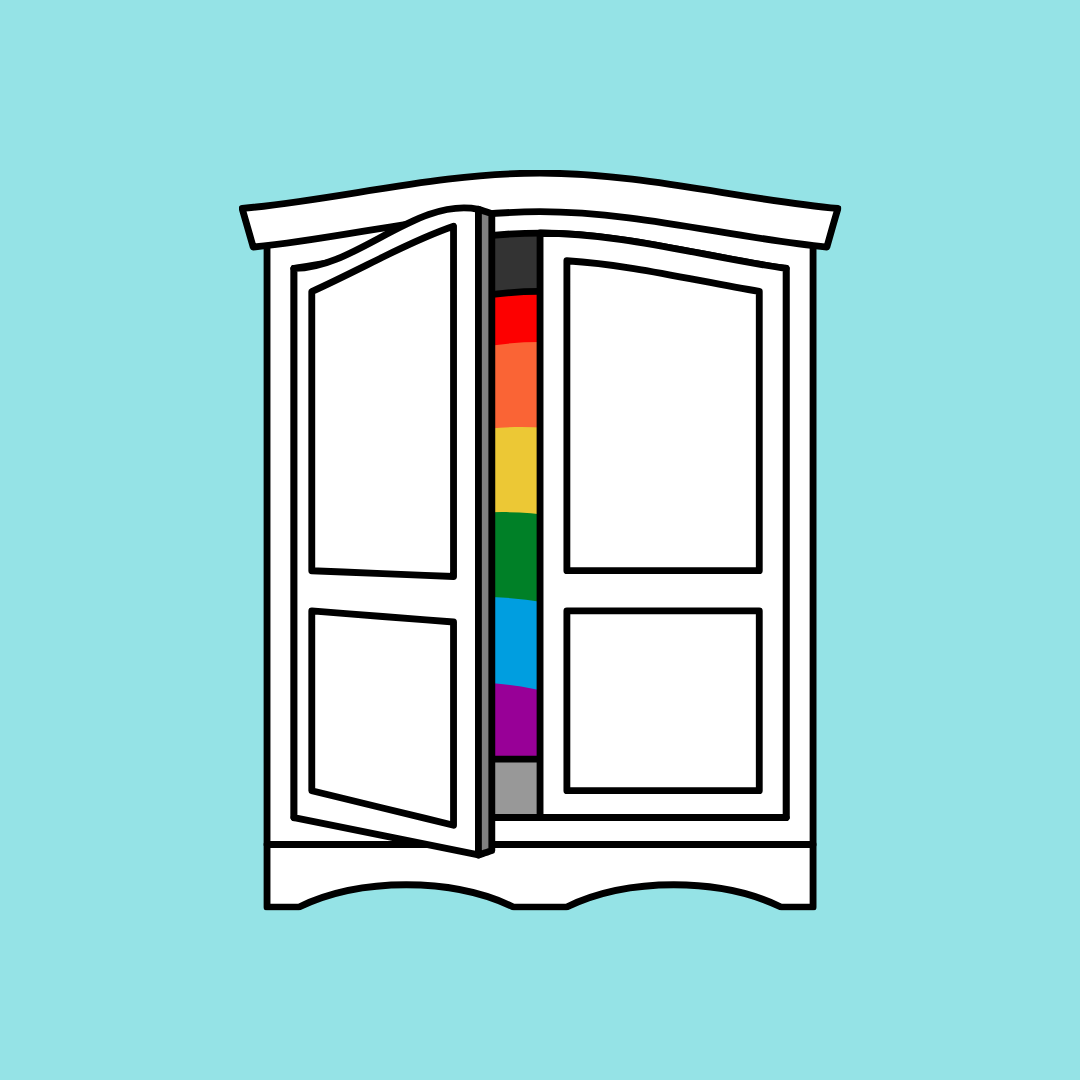Reflections on National Coming Out Day
Authenticity, inclusion and diversity are core values in my speech therapy practice. When supporting communication development in children and teens, I am invested in creating a safe space where they can be who they truly are. On this National Coming Out Day, I’m reminded of how challenging it can be for many of us in the LGBTQIA+ community to come out and how many of us don’t have the privilege of being our authentic selves all the time. Factors such as race and gender identity and presentation also determine the level of privilege members of our community have. It’s important to note that coming out is not a one-time thing. It happens over and over throughout our lifetimes, making the process even more nuanced and challenging.
There has been so much work done by members of the LGBTQIA+ community and allies to advance civil rights for our community that I directly benefit from. If it weren’t for these activists, including Sylvia Rivera and Marsha P. Johnson, I wouldn’t be able to be married to my wife. I wouldn’t have felt like it was even a possibility for me to come out to my family at all. However, despite this progress, our culture still isn’t safe enough to support all of us to come out whenever and wherever we feel like it.
One place that it has been extremely difficult for me to come out is in my career as a pediatric speech-language pathologist. As far as I know, there are no statistics on how many LGBTQIA+ speech-language pathologists are out there, but in my experience I have met very few. In most places I’ve worked over the past 11 years, I’ve been the only queer SLP that I was aware of.
If more of us could come out safely across all areas of our lives, we could have more visibility and understanding from the broader culture and community and we could feel freer to be our authentic selves. In 2018, the Human Rights Campaign did a study in which they found that 46% of LGBTQIA+ employees in the U.S. remain closeted at work. This may come as a surprise to those outside of our community, but to me it’s not much of a surprise. In this same survey, one in five LGBTQIA+ workers were told to dress either more feminine or masculine, and 53% of LGBTQIA+ workers reported hearing jokes about lesbian or gay people at least once in a while. Thirty-one percent of LGBTQIA+ workers said they had felt unhappy or depressed at work.
One of the main things that kept me in the closet during most of my career as a pediatric SLP was a fear of rejection by clients, parents and coworkers. If I did decide to come out at work, I was sometimes met with tolerance or acceptance, but many times the response would include some type of microagression. Examples of microagressions are people being surprised because they had assumed I was straight, telling me that I don’t look gay, or communicating to me that my experiences of homophobia and heterosexism aren’t real and that coming out is “not that big of a deal” anymore.
Because of this, for most of my career, I was in the closet and this forced me to be an inauthentic version of myself at work. While other female-identified speech therapist coworkers were freely talking about their husbands with clients, I was silently hiding.
I founded Parade because I wanted to create a space for me to be my authentic self in my work and for my clients to feel supported on their communication journey. Communication is one of the most personal things that we do as humans. If kids and teens aren’t learning how to communicate who they truly are in an environment that supports authenticity, we run the risk of teaching them to learn to hide who they are to fit societal expectations to meet “goals” or to satisfy the expectations of other people.
My goal in my work as a speech therapist is to help my clients to feel safe, affirmed and respected in who they authentically are and to build on their strengths when learning new skills.
Coming out is a journey and not a destination. It’s not always safe to come out for everyone anywhere and everywhere or maybe even at all. If you don’t feel safe to come out, that does not make your experience any less valid. Check out these resources for support: Human Rights Campaign, The Queer SLP Podcast, Resources for LGBTQIA+ Youth.

